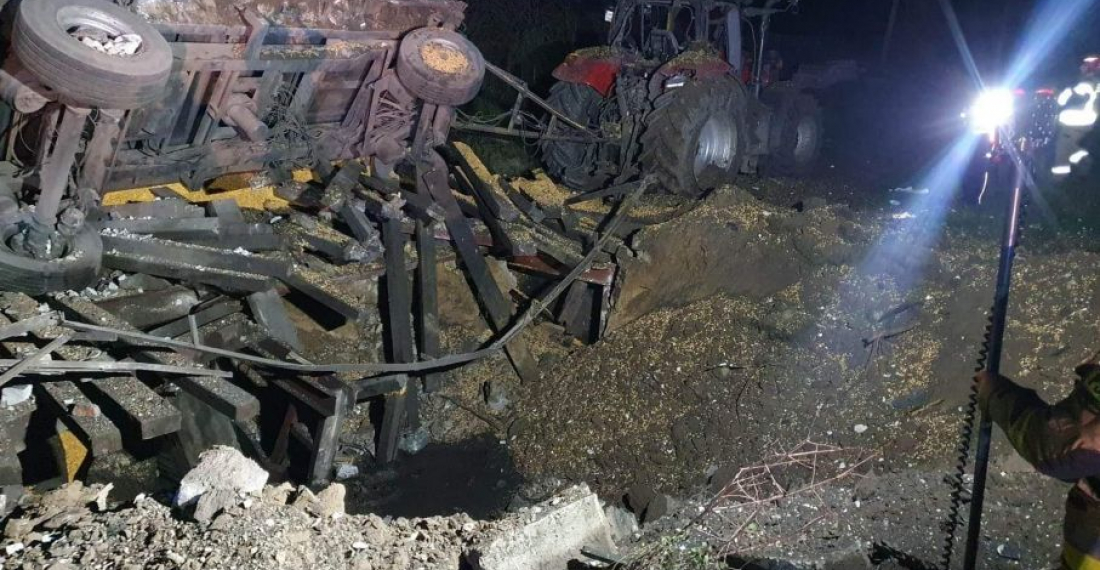Polish authorities reported an explosion on Tuesday night (15 November) in the Eastern village of Przewodow close to the Polish-Ukrainian border, killing two. It is believed the explosion originated from a missile strike.
The explosion occurred as Russian missile strikes had been targeting several Ukrainian cities, where Ukrainian officials are claiming the missile barrage has been the heaviest since the full-scale Russian invasion of Ukraine in February of this year. It has raised suspicion that the blast in Poland was caused by a Russian-fired missile.
NATO investigators are looking into the incident, while coordinating with Polish authorities to investigate whether the explosion is the result of intentional action by Russia. US authorities have been unable to confirm if the explosion is caused by one or several Russian missiles, but there is widespread awareness of the recent Russian missile strikes in the vicinity of the Polish-Ukrainian border in the same timeframe as the explosion. Officials from other NATO member states, including Germany and Norway, are seeking further information through close collaborations with Poland and other allies.
US president Joe Biden has claimed that it is unlikely that the potential missile had been fired from Russia. Other US officials have reported that the missile was likely fired by Ukrainian forces as a defence against incoming Russian strikes, according to preliminary assessments. Ukraine has denied this, claiming that they were Russian missiles. President Biden has nevertheless pledged to support Poland in investigating the issue further.
Following reports of the explosions, Russian authorities denied any involvement in the explosion, describing any such claims as deliberate provocations that can have escalatory effects on the ongoing conflict with Ukraine.
During Tuesday (November 15), Ukraine came under widespread bombardment, ranging from cities such as Lviv in the West to Kryvyi Rih in the South and Kherson in the East. Reports claim that the strikes are primarily targeting critical infrastructure and specifically energy-related infrastructure. Reports from the UN OCHA claim that 16 out of 24 regions in Ukraine have been affected by the strikes, and that millions have been left without energy while other critical infrastructure such as trains and telecommunications have been largely wiped out in several regions.
The attacks and reports emerged following Ukrainian President Zelensky’s address at the G20 summit, asking for summit participants to support plans to end the current war with Russia.
source: commonspace.eu with agencies
photo: Twitter/@JSaryuszWolski






